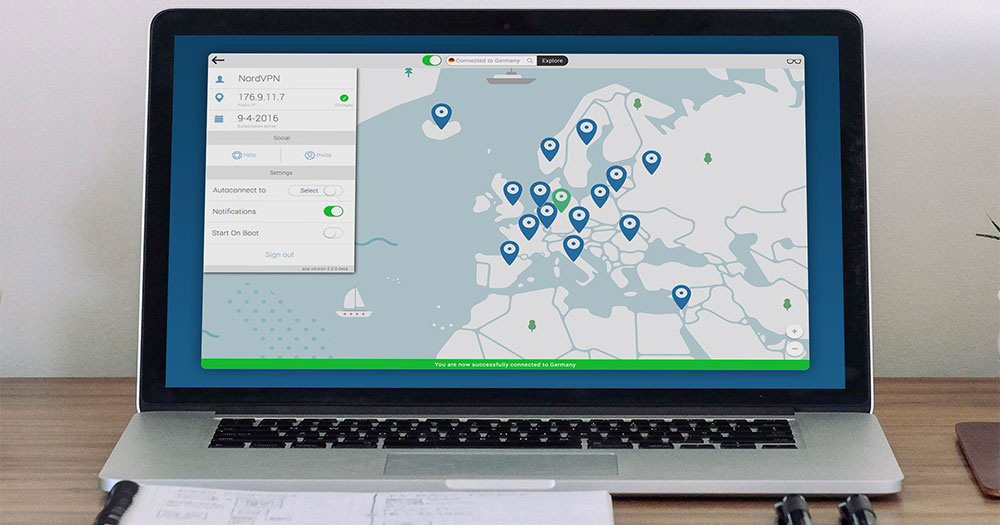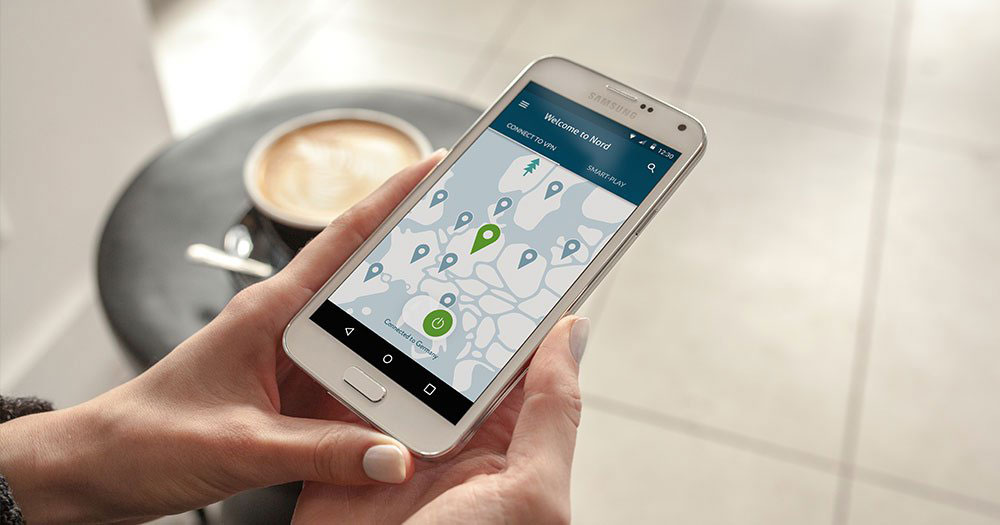Australia is finally wiring up its cities, as public WiFi makes its way around town. Not just a city thing, free internet is also on buses, on trains, at airports, and in shopping centres. Is there a danger to using public WiFi, and if so, how do you stay safe?
First things first, let’s say a bit of congratulations, because Australia has finally caught up with the rest of the world: we have free WiFi.
It’s taken a while, but the technology is rolling out everywhere, as businesses of all kinds — moving and stationary — embrace the idea that wireless networking is a great way to keep people in your store, and to enjoy their time on public transport.
But there’s a catch, and it’s a pretty big one: security and safety.
What exactly are you handing over when you say “yes, I’d love to take some of that free WiFi you’re offering”? After all, there is no such thing as a free lunch, and if someone says “free internet”, what do they get in return?
In Sydney, a recent debacle with the bus system proved that people have no idea their information may well be for sale if they log onto free WiFi, demonstrated by NSW Transport’s test roll-out of “Catch”, which offers free wireless internet, news, sport, weather, and entertainment across several buses, but also can “disclose your personal information to third parties” including contractors and advertisers.
It’s not just Catch that raises the ire of people being told something is for free, because even though we’re told to expect that there’s no such thing as that proverbial free lunch, sometimes we still go in expecting that free is just that: free.
“Public or free WiFi networks can be very convenient, however, they also put individuals at greater risk of being exposed to online risks, such as malware, and make us more vulnerable to an attacker looking to intercept our data through the open network,” said Andy Hurren, Solution Architect at Intel Security to Pickr last year.
“People also need to be aware that some networks offering ‘Free WiFi’ are not legitimate connections, [and] these can be planted by an attacker by using words like ‘free’ and the name of a location or business nearby to lure browsers and steal their information,” he said.
So what do you do? As we see it, you have two good options.
Solution #1: don’t use WiFi
It might sound strange, but the mobile solution of not using free WiFi can make more sense than using the free WiFi in the first place.
In Australia, 4G internet is more or less ubiquitous, and so finding it isn’t hard. There’s a very good chance that if you’re reading this on a mobile phone, you’re also reading this article over 4G, and when you’re connected to your own direct 4G mobile connection, you are not at risk of having your details passed over to anyone you may not approve of from the connection itself.
If you log in to a service that may sell it, at that point there’s a possibility, but at least the connection is yours.
Alternatively, if you’re using your PC or Mac in a public location and don’t have 4G built-in (as is the case with most computers out there), consider the option of switching on your mobile as a hotspot and connecting to that.
Again, like the 4G data on your phone this can rack up the downloads, so make sure you have enough to start with as to keep costs down.
Solution #2: Use WiFi, use a VPN
If you do plan on taking advantage of free WiFi, you may want to consider a VPN.
Also known as a “Virtual Private Network”, this is essentially a virtual tunnel to let you transmit information through a secondary server so that the main WiFi network doesn’t necessarily have the ability to see what you’re doing, and the information being transferred to advertisers and/or contractors is more or less muted.
“Connecting through a VPN tunnel secures and hides your online activity from any potential snoopers and even your Internet Service Provider,” said Marty P. Kamden, Chief Marketing Officer at NordVPN.
While Kamden works at a major VPN supplier, he warns that the danger of free wireless networking environments is real, and while you may be tempted to connect, doing so without protection can present more than just a danger to your presence being sold to advertising firms.
“Open Wi-Fi networks can be easily accessible by anyone,” he said. “Hackers often position themselves as Wi-Fi hotspots and easily steal personal information of each individual that logs in, [while] identity thieves have lately been using wireless sniffers, software designed to intercept and decode data when it is transmitted over a network.
“There is no lack of locations with free Wi-Fi hotspots that can pose danger,” said Kamden, adding that “the most popular ones include coffee shops and restaurants, followed by hotels, airports, libraries and schools”.
Use of a VPN gets around this simply because the activity through a virtual private network is encrypted.
That being said, VPNs aren’t always free, and so while a search for “free VPN” may offer a few results online, the better solutions out there may be “free up to a point” with that point being the time you actually pay.
NordVPN joins security companies in this way, and even last year’s release for mobile devices from Symantec, Norton WiFi Privacy, relies on much the same technology, utilising a mobile connection to a VPN in order to protect network activity.
Alternatively, TunnelBear offers another good start for anyone keen to dabble in VPN connections, providing that small dosage of free activity with 500MB of data per month before you’re charged by the service.








Comments are closed.